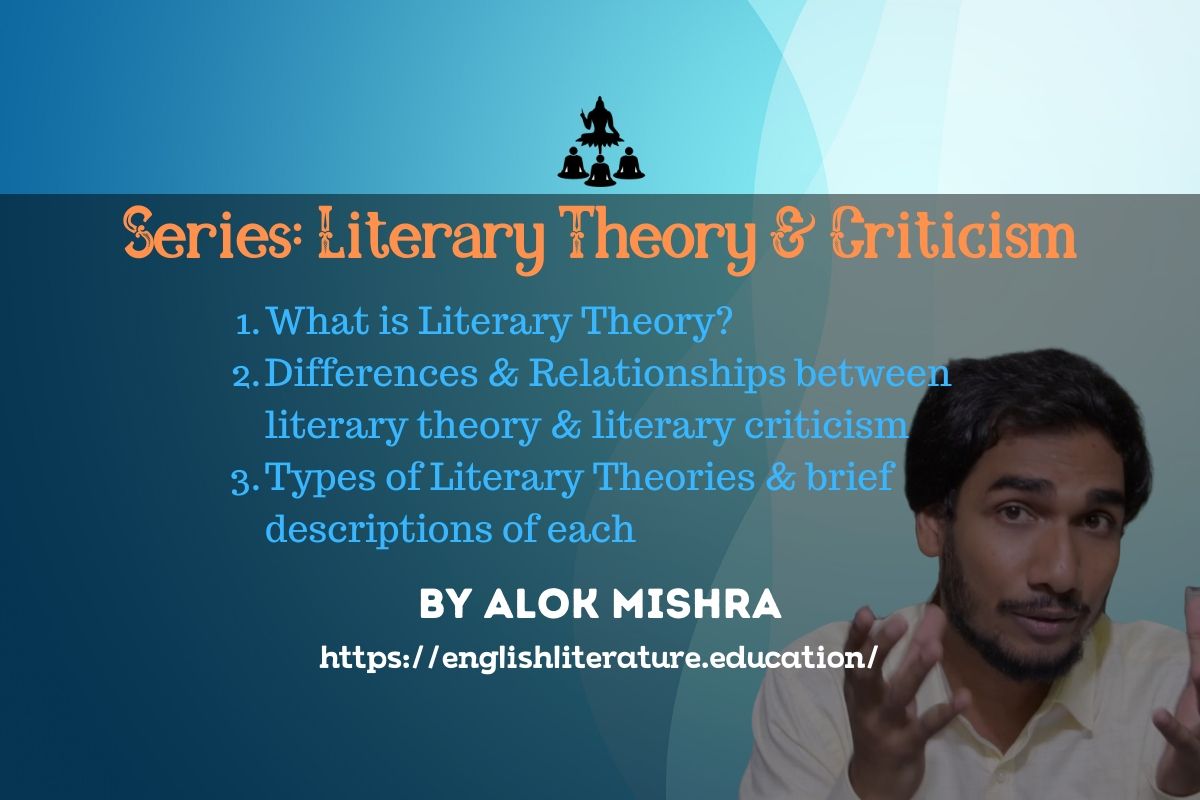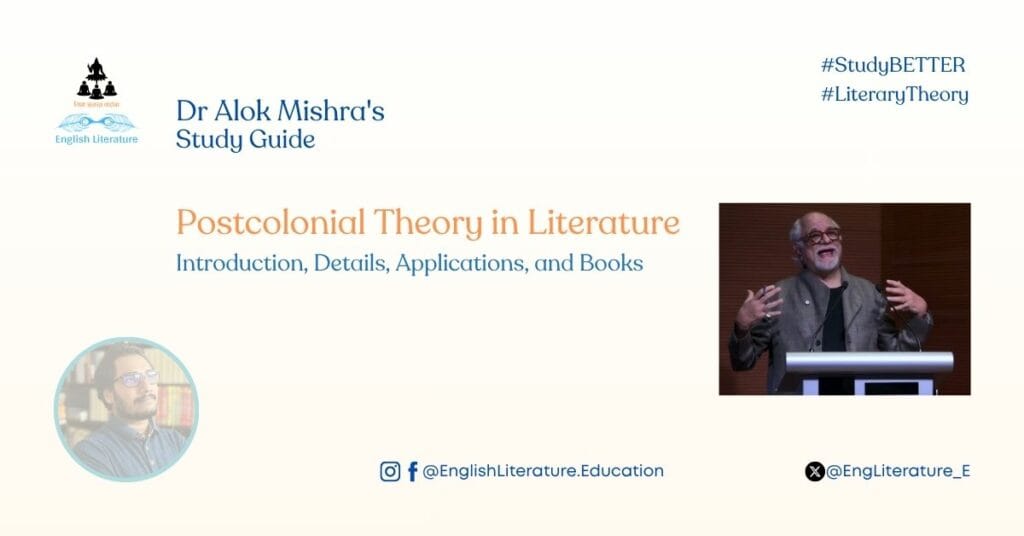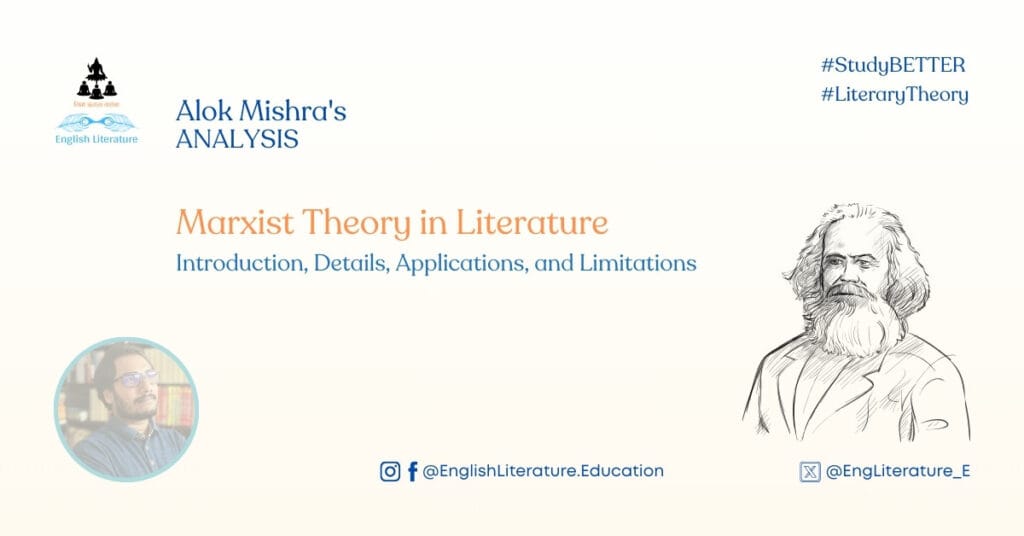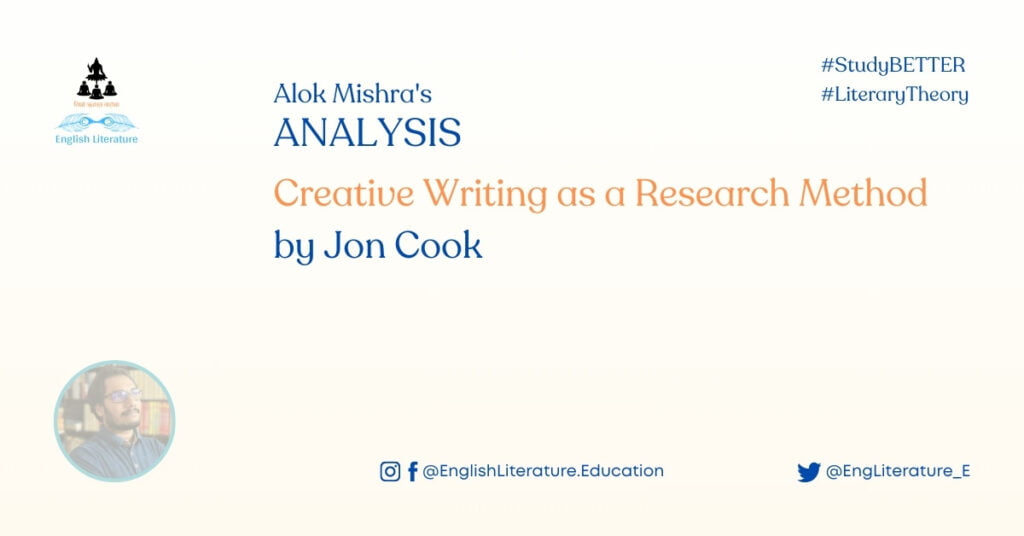The very first thing one should know before getting into the details of this idea, what is the difference between literary criticism and literary theory, is that there is not only one difference between these two concepts but many. However, it is equally true that theory and criticism, in the literary context, are two things that are very much related. Literary theory is the idea that controls or guides the action known as literary criticism. However, there are certain differences between these two concepts that we must know. In this article, I will focus on some of the key differences between literary theory and literary criticism. Moreover, if you are still unsure about the very definition of literary theory, you should read the introductory article on English Literature Education platform – what is literary theory?
Main differences between literary criticism and literary theory:
- Let’s begin with the basic distinction. Literary criticism denotes action and a literary theory denotes abstract, an idea, a set of rules.
- Literary theory deals with the ways to distinguish literary texts from each other and establish categories, classifications and schools of thoughts that are apparently visible in literary texts. Literary criticism, on the other hand, is a practical study of a literary text that may be initiated on the basis of any particular literary theory or independently, that deals with analysing, interpreting, extensively studying within certain boundaries and criteria.
- The act of literary criticism generally concerns with comparison, analysis, and evaluation of literary texts. A literary theory takes one step ahead and it may be the result of extensively literary criticism. For instance, the literary theory with the name of Structuralism must have been the result of an extensive act of literary criticism with an intent to establish a theory that certain elements in many literary works are like a pattern – set of characters, ideas for plots, themes etc.
Anything else that I write here will only be the act of saying the same thing in many different ways. The basic difference is in the nature of these two – criticism is an action and theory is, basically, a systematic set of certain ideas. However, there are other things that one should be aware of when we talk about literary theory and criticism. I will highlight them in the sections below.
The Beautiful Paradox: A literary theory should ideally dictate the terms for an attempt of literary criticism. However, how can the literary theory be established without an act of literary criticism? Think about it.
A Question: Is every act of literary criticism guided by a literary theory? Try to find the answer to this question.
We have literary criticism and we have literary theory too. However, there are many books on the subject ‘Critical Theory’ as well. So, what is this new thing? What is a critical theory? Can you find a suitable definition for critical theory? Is it same as a literary theory? Is it a mixture of theory and criticism?
Well, for now, this is what it is and I will have to end this article here. I will be back with more articles in this ongoing series on Literary Theory and Literary Criticism and I hope this series will be helpful to those who are concerned. All the best!
Read next: Types of literary theory
Written by Alok Mishra for English Literature Education





16 Comments. Leave new
I am realy appreciate this article then i understand thank you
I heard that literary theory cannot be applied directly to the text and we need a model to apply i.e Fair clough model for critical discourse analysis. Can you tell me models like it? Because I knew about this one only.:(
In his Prefacing Theory to his book “Contemporary Literary and Cultural Theory,” Pramod K. Nayar gives a definition of Literary Theory. He says it “is the organized, systematized analysis of literary texts, the institution of Literature & a reflection on the interpretative strategies “applied’ to these texts.” What confuses me is his use of the term ‘analysis’ in his definition “organized, systematized ‘analysis’ of literary texts………” but doesn’t the analysis part comes under Literary Criticism? or am I missing something?
Hyfa, thanks for pointing that out here for others to read and understand.
In ‘theory’, I completely agree with you. However, what Mr Nayar might be trying to convey can be understood if we assume when ‘analysis’ is carried out to ‘understand’, it remains within the purview of theory. Once we analyse to critique a literary text and elicit its qualities, dimensions or motifs, it may become an important or rather the basis of literary criticism.
Thanks
Alok
I corroborate also your thought.
Here, according to your article, it is said that literary theorie is the method by which we can criticize a text and literary criticism is the practical implementation of that theory to understand a text. Well, everything is clear till this. But please tell me what are the approaches or ‘theories’ Aristotle, Phillip Sidney, Mathew Arnold, Wordsworth, Keats and many other critics used to criticize a text?
I menan please give answer of your last question i.e., “Is every act of literary criticism guided by a literary theory?”.
Hello, Abdus!
Thanks for reading the article carefully and posing the question. If you study a little deeper, you will find that Aristotle did not criticise (or critique for that matter) any literary text as such. He shared his views on art and literature in general. His major contribution was to the archaic tools of tragedy. Coming to Sidney, he championed the cause of poetry being supreme (when it’s perfect according to him) than philosophy or history. Arnold, you will see, devised a method of his own, ‘Touchstone method’. ‘Deep analysis’ or textual analysis is the method that any literary critic would tend to use to determine the geography and aesthetic of any text. Only after that, any ‘approach’ per se would come to being.
And to answer your ultimate question, NO. Every act of literary criticism is not guided by a literary theory for certain. Some acts of criticism are independent of any theory and first-hand or primary, as the result.
Keep reading!
Alok
That’s greatly put! I agree that not all acts of criticism can be guided by some theory as such. Some are just random acts for pleasure or self-satisfaction. Thanks for keeping up with the comments. Good to engage.
That’s fantastic article . You help me alot in my search . Your words and your style are very great and helpful .
Thank you for reading the article and appreciating the same, Rania!
All the best!
a simple and straight forward text and easily understandable.
Cheers, Mboniseni!
All the best!
DIFFERENCE B/W CRITICAL THEORY AND LITERARY THEORY
Critical theory, beyond literature, can be a theory for any stream, arts or science. Literary theory strictly connotes a theory or set of rules used in analysing literary texts. Within the domain of literature, these both are same.
This is a wonderfully written article. I was looking on the web to understand the basic difference between criticism and theory and I found exactly the same here. Many thanks again and keep working like this.
It’s really hard to find such a helpful article on the internet. Though it seems to be a basic difference it was really a tough nut for me to crack. The systematic approach of defining all the things step by step guides me to understand the basic difference between both concepts. English Litarute Education is becoming a habit for me.